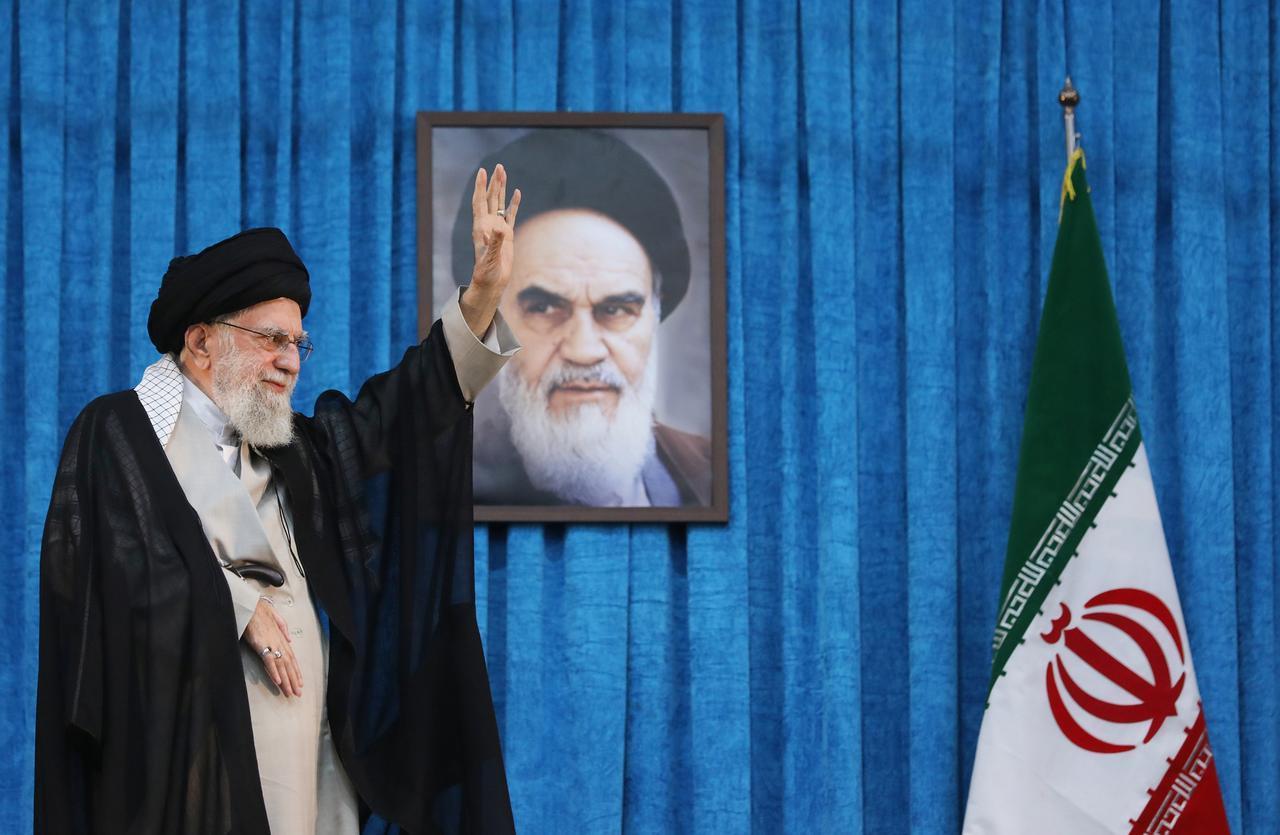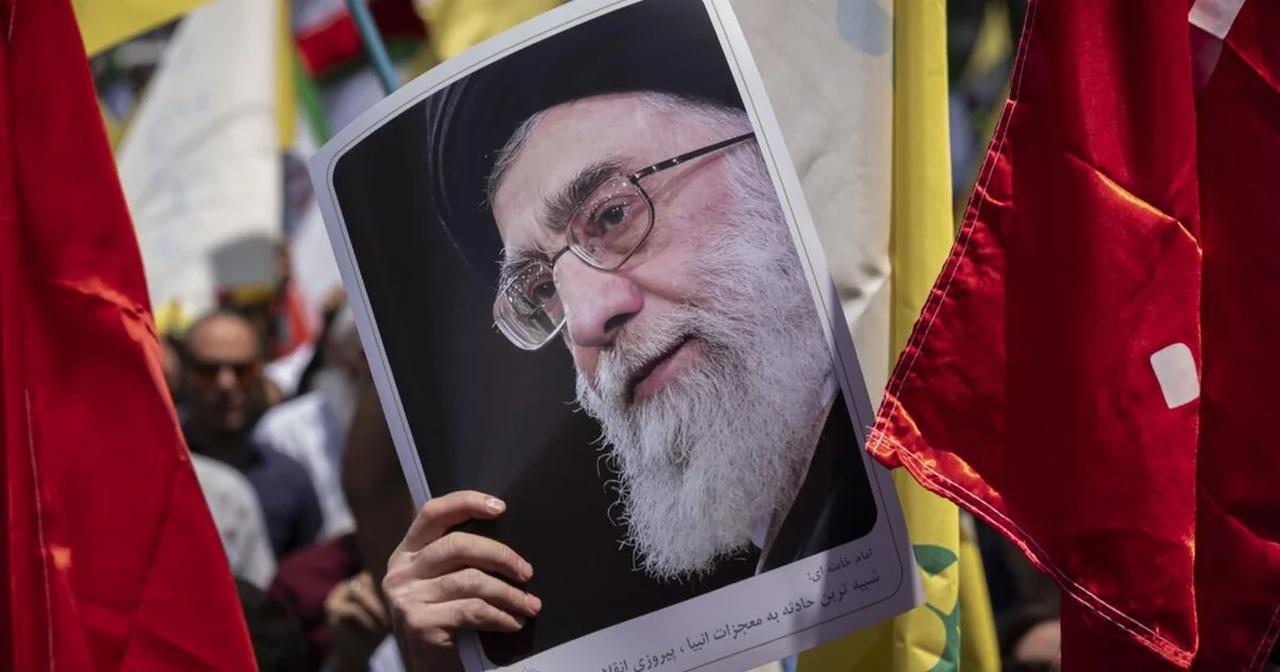
The European Union distanced itself from Israeli Prime Minister Benjamin Netanyahu's suggestion that regime change in Iran is "possible," with a Commission spokesperson saying Tuesday that such a position is not one the bloc has agreed upon.
Anouar El Anouni, speaking at the EU's daily press briefing in Brussels, responded to questions about Netanyahu's recent statements calling regime change in Iran feasible following Israel's June 13 strikes on Iranian territory.
"We are committed to a comprehensive policy approach toward Iran to address all areas of concern we have with Iran, considering all options at our disposal, including sanctions," El Anouni said.
The spokesperson said EU High Representative for Foreign Affairs and Security Policy Kaja Kallas remains in contact with all parties, including Iran, Israel, the United States and Gulf countries, to contribute to "diplomatic efforts aimed at de-escalation."
Netanyahu has significantly escalated his rhetoric against Iran following the June 13 attacks, which targeted nuclear facilities and military command structures across multiple Iranian cities. At his first press conference on June 16, three days after launching the strikes, Netanyahu appeared to reference assassinating Iranian Supreme Leader Ali Khamenei, declaring "We will do whatever is necessary."
Israeli politicians have made posts implying regime change in Iran, while Netanyahu has argued that Iran is weakened and that "regime change is possible." Most recently, the Israeli leader called on Iranian opposition groups to rise up against the current government, declaring "Iran can be great again."
The current crisis began when Israel launched extensive strikes on June 13 targeting Iranian nuclear facilities and senior military leadership across different Iranian cities. The attacks specifically targeted nuclear installations as well as Iran's top military command structure.
The strikes killed Iran's Chief of General Staff, the commander of the Revolutionary Guards, and other high-ranking military officials, along with nine nuclear scientists. Iranian authorities reported the total civilian death toll at 224 people.
Iran's military responded with ballistic missile strikes against Israel in retaliation. The Iranian missile attack reportedly killed 24 people and wounded more than 500 in Israel.
Türkiye led international condemnation of Israel's actions, with numerous other countries also criticizing the strikes.

Iran's UN mission firmly rejected claims Tuesday that Iranian officials had sought mercy from the White House amid the escalating crisis. "No Iranian official begged at the door of the White House," the mission said in a statement posted on X.
The statement, appearing to reference President Donald Trump directly, added: "The only thing more disgusting than your lies is your cowardly threat to eliminate Iran's supreme leader." Iran declared it would not accept "negotiations or peace under pressure" and warned it would respond in kind to any threats or actions.
Trump, speaking at the White House Tuesday morning about the Israel-Iran conflict, claimed: "The Iranians reached out to us, I told them 'It's too late now.' The Iranians even offered to come to the White House, which is bold but not easy for them."
Egypt has emphasized the urgent need to restart negotiations over Iran's nuclear program and avoid further escalation to prevent the region from descending into chaos. The Egyptian initiative comes as regional powers seek to contain the crisis before it spreads further.
Egyptian Foreign Minister Badr Abdelatty conducted telephone discussions with his counterparts from Saudi Arabia, Bahrain and Iraq, according to a statement from Egypt's Foreign Ministry. The talks focused on developments following the increased military tensions between Israel and Iran and their potential impact on both regional and international peace and security.
During these conversations, the ministers discussed strategies for controlling escalation and achieving a ceasefire to prevent the conflict from expanding further across the region. Abdelatty specifically stressed the importance of restarting negotiations on Iran's nuclear program and avoiding further escalation of tensions.
The diplomatic push comes after Tehran announced on June 13 that nuclear talks with the United States had been suspended following Israel's attacks on Iranian territory, effectively halting diplomatic efforts that had been aimed at reviving the nuclear agreement.